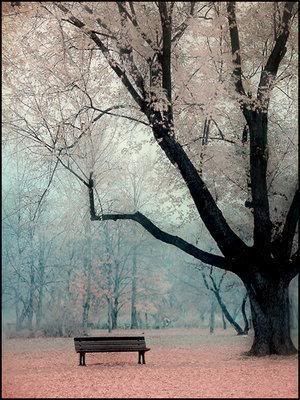
A brief look at no-self in Buddhism, as interpreted by Rev. Ray Innen Parchelo, a novice Tendai priest. For another take on this topic, check out Ego: the source of most of our problems by Dzogchen Ponlop Rinpoche over at Elephant Journal.
Is there room for the 'self' in religion?
By Rev. Ray Innen Parchelo, The Ottawa Citizen July 4, 2010
Ottawa, Canada -- This is a defining question for Buddhism, one that has lead to many misunderstandings. Shakyamuni, the historical Buddha, taught that our lives are stained by three characteristics -- a pervasive lack of satisfaction, an impermanence to all phenomena and the absence of any permanent self.
There is no undying self or soul that transcends earthly life, nor are we eternal spirits trapped in mortal bodies.
Further, he identified our clinging to such a permanent self as the prime cause for human suffering, and outlined a way -- the Buddha-dharma -- for its relief. Buddhism accepts self with a twist by referring to this apparent self as "non-self," a way to remind us of its transient nature. We need a light touch when we speak of I-me-mine.
The first common misunderstanding of non-self is the accusation that Buddhism is "life-denying" or nihilistic because, the argument goes, it sees this self and this life as illusions.
Buddhism does not deny the validity of our day-to-day experience, including our sense of that as personal experience. There is no illusion. Our self, while real in a conventional sense, lacks the permanence we attribute to it. Self is no different from any other experience in that it arises and passes away.
We are encouraged to employ whatever wholesome means we have to drink deeply from our personal experience. Four aspects of self, body, breath, speech and mind, are often referred to as the Four Foundations of mindfulness of life. An acceptance and awareness of life's flow is a positive affirmation of the beauty of life and our experience of it.
Secondly, many people mis-attribute some teaching of reincarnation to Buddhism.
Clearly, since there is no permanent self, there is no entity to travel from life to life. The Buddha taught the flow of causes and consequences.
Whatever we intend and enact, be that physically or mentally, has its results.
Like the movement of a wave in the ocean, the momentum of what we think and do propels and shapes what arises in the future, but not as a personalized self.
----------
Rev. RAY INNEN PARCHELO is a novice Tendai priest and founder of the Red Maple Sangha, the first lay Buddhist community in Eastern Ontario.
No comments:
Post a Comment